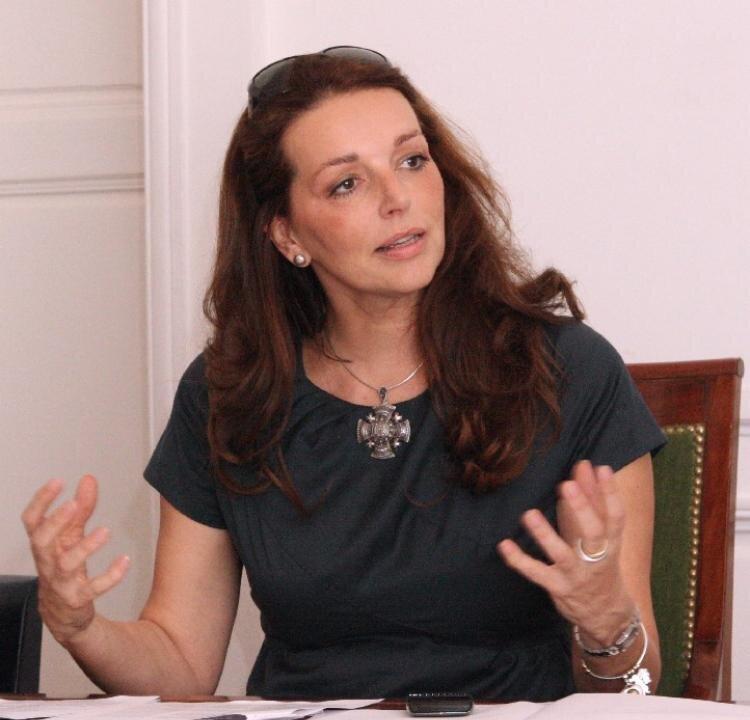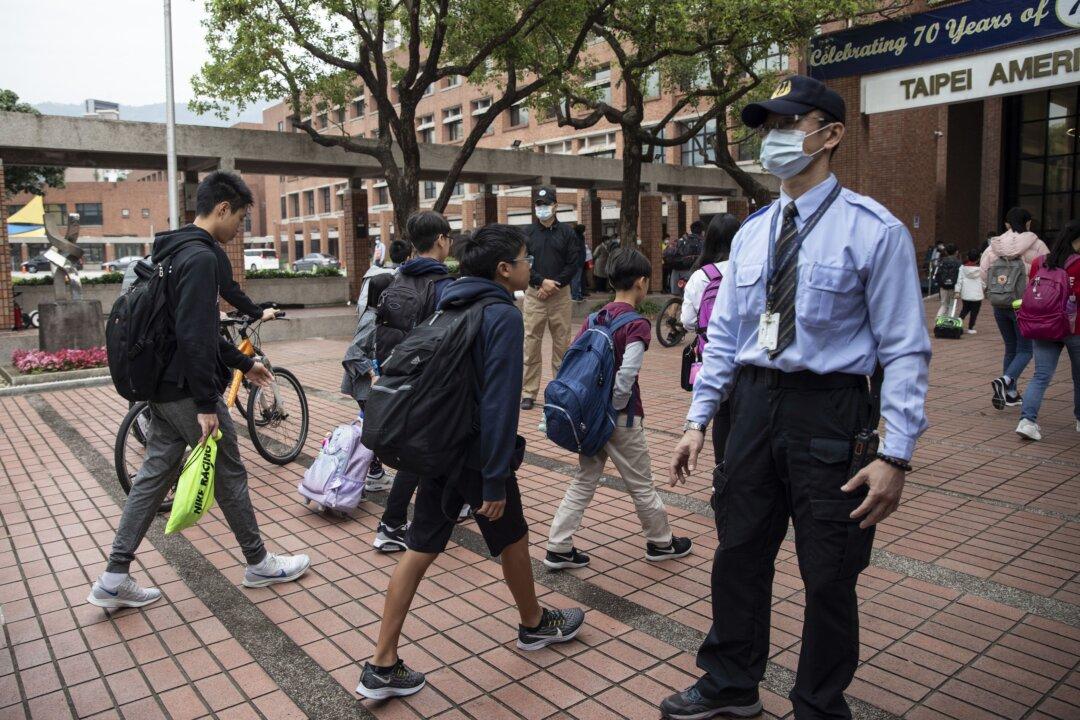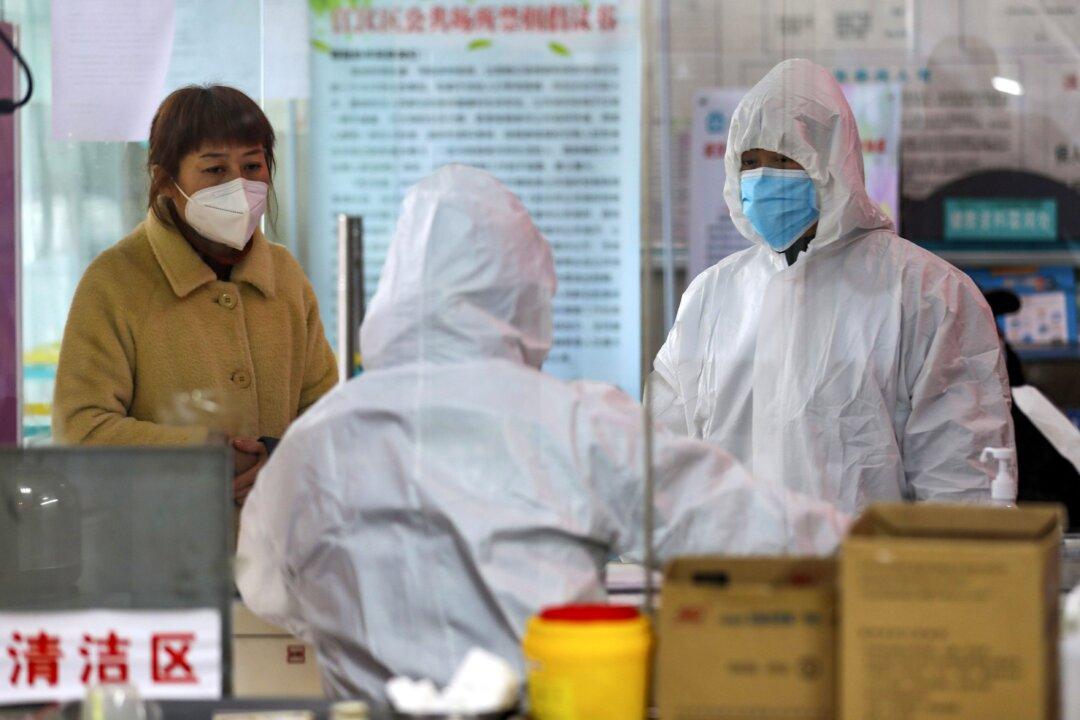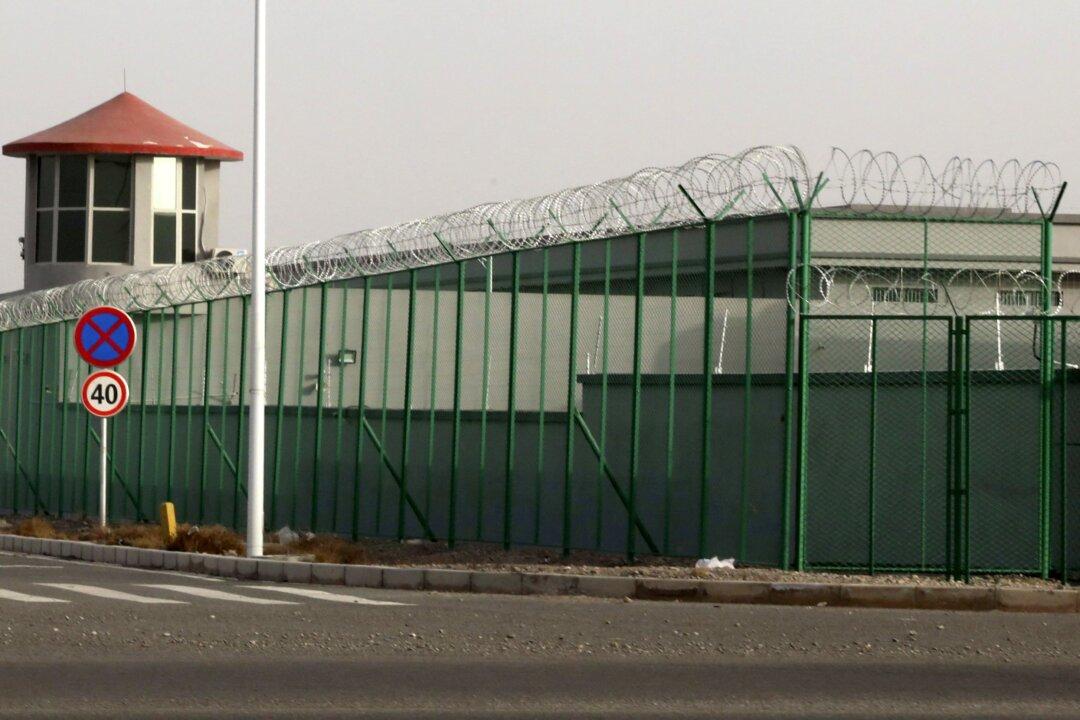Thank you to Deputy Valerie Boyer and the 58 other deputies cosigning the proposed law to combat “organ tourism.” Also professors Lavee and Navarro and the organization Doctors Against Forced Organ Harvesting.
An unknown number of kidneys are being trafficked today for cash from disadvantaged citizens in a range of countries to “organ tourists” from other nations or wealthy nationals from their own. In most such cases, we are told the donors survive the loss of one kidney, albeit often with serious detriment to their own health.
Only in China do the “donors”—virtually all of whom are Falun Gong or convicted criminals—all perish during the transplantation operations because their vital organs are removed. Legislators in France, Canada and every responsible country should therefore look first at these crimes against humanity.
Falun Gong
Falun Gong seeks to improve body and character. It contains features of traditional disciplines like Buddhism and Daoism, combined with a set of exercises. Its core principles are “truth, compassion and forbearance.” It today has practitioners in numerous countries.
In China, where it first became public in 1992, the movement grew within seven years to 70-100 million by the government’s estimate. The first vilification of Falun Gong in 1999 led to protests by practitioners. A large demonstration near Communist party headquarters in Beijing enraged then party-state leader Jiang Zemin. The incitement to hatred against them across China in Party media since mid-1999 has had many tragic consequences, most notably the widespread commercial trafficking in their vital organs to “organ tourists” and wealthy Chinese nationals.
Organ Revenues
After 1980, the party-state had begun withdrawing funds from the health system as a whole across China. Selling the organs of executed convicts soon became a major source of funds because of world demand created by chronic organ shortages. Falun Gong later became a major additional source of organs for patients from China and elsewhere. Many Falun Gong were sent to labor camps after mid-1999 without any form of hearing on only a police signature. Organ price lists were posted on Chinese websites. Hospitals boasted openly on their websites about the money being made from the sale of organs.
Chen Ying
Consider here the experience of Falun Gong practitioner Chen Ying, who was later awarded refugee status by the government of France:
“In 1998, under a procedure for family reunification, I rejoined my ex-husband, who worked in the cultural service of the Chinese embassy in France. In December 1999, I returned to China for a family visit. Because I would not renounce my Falun Gong convictions, between February 2000 and November 2001, I was imprisoned three times without any judicial process…
“Each time, I was mistreated and tortured by the police… At the end of September 2000, as I would not tell them my name, I was called out by the police and taken to a hospital for a complete medical examination: cardiac, blood, eyes, etc. I had to carry chains on my legs, and I was attached to a window frame. The police injected me with unknown substances. After the injections, my heart beat abnormally quickly. Each one gave me the impression that my heart was going to explode…”
41,500 Transplants
Falun Gong practitioners today comprise about two-thirds of the torture victims and half of those in forced labor camps across China. According to research David Matas and I have done, set out in our book “Bloody Harvest,” practitioners have been killed in the thousands since 2001 so that their organs could be trafficked to Chinese and foreign patients. For the period 2000–2005 alone, Matas and I concluded that for 41,500 transplants done, the only explanation for sourcing was Falun Gong.
The main conclusion of our book is that there “continues today to be large-scale organ seizures from unwilling Falun Gong practitioners … Their vital organs, including kidneys, livers, corneas and hearts, were seized involuntarily for sale at high prices, sometimes to foreigners, who normally face long waits for voluntary donations of such organs in their home countries.” Our revised report is accessible in 18 languages from David-Kilgour.com.
Recent Developments
Have the efforts of many in China and around the world to stop these appalling crimes against humanity made any difference? Our book points at various developments within and beyond China occurring since our first report in 2006, but, to save time, I'll only mention two:
1) The government of China now accepts that sourcing of organs from prisoners is improper. Deputy Health Minister Huang Jeifu in 2009 stated that executed prisoners “are definitely not a proper source for organ transplants.” In 2005, he was reported to say that as many as 95 percent of the transplanted organs in China derived from executions.
2) Belgian senator Patrik Vankrunkelsven and Canadian MP Borys Wrzesnewskyj have each introduced into their respective parliaments extraterritorial legislation banning “transplant tourism.” Both would penalize any transplant patient who receives an organ without consent of the donor where the patient knew or ought to have known of the absence of consent.
Present Realities
Unfortunately, such developments have not yet ended the murders and trafficking in organs across China. Since we began our work, the number of convicted persons sentenced to death and then executed has decreased quite dramatically across China, but the number of transplants, after a slight decline, rose to earlier levels. Since the only other substantial source of organs for transplants in China besides Falun Gong is prisoners sentenced to death, a decrease of sourcing from that population means an increase of sourcing from Falun Gong.
One estimate of the number of the camps across China as of 2005 was 340, with a capacity of about 300,000 workers. Other estimates are much higher. In 2007, a U.S. government report estimated that at least half of the inmates in the camps were Falun Gong. It is presumably the combination of totalitarian governance and “anything is permitted” economics that allows this export production to continue. Those profiting include surgeons, hospitals and the military, whose surgeons do a good deal of the organ pillaging and whose aircraft fly organs from rural labor camps to hospitals in major cities where patients await compatible organs based on prior computer matching of blood and tissue types.
Recommendations
For organs trafficked in China, David Matas and I would encourage all National Assembly members to consider our recommendations, including:
Urging the party-state in China to:
- Cease the repression of Falun Gong;
- Cease organ-pillaging from all prisoners;
- Remove its military from the organ transplant business;
- Establish and regulate a legitimate organ donor system;
- Open all detention centers, including forced labor camps, for international investigation;
- Free the recent Nobel Laureate Liu Xiaobo and Gao Zhisheng, a human rights lawyer and defender of Falun Gong, and permit both to reunite with their families.
Implement the following measures until the party-state in China ceases organ pillaging from prisoners:
- Medical professionals in France and every country which respects human dignity should actively discourage their patients from going to China for transplant surgery;
- No government should issue visas to Chinese MDs seeking training in organ or body tissue transplantation;
- MDs from outside China should not travel there to give training in transplant surgery;
- Contributions submitted to medical journals outside China about its experience with transplants should be rejected;
- Pharmaceutical companies everywhere should be barred by their national governments from exporting to China any drugs used solely in transplant surgery;
- National parliaments should enact extraterritorial legislation, penalizing participation in organ transplants without consent;
- And all governments should bar entry to any person known to be participating in organ trafficking without informed consent.
This article is adapted from a paper given at the National Assembly at Bourbon Palace in Paris, France, on Oct. 19, 2010.

David Kilgour, a lawyer by profession, served in Canada’s House of Commons for almost 27 years. In Jean Chretien’s Cabinet, he was secretary of state (Africa and Latin America) and secretary of state (Asia-Pacific). He is the author of several books and co-author with David Matas of “Bloody Harvest: The Killing of Falun Gong for Their Organs.”





